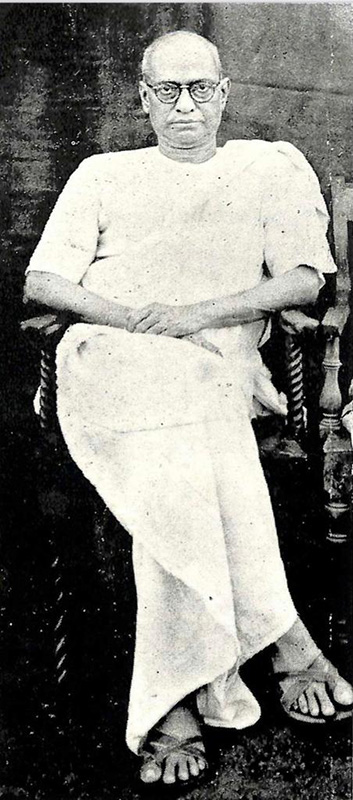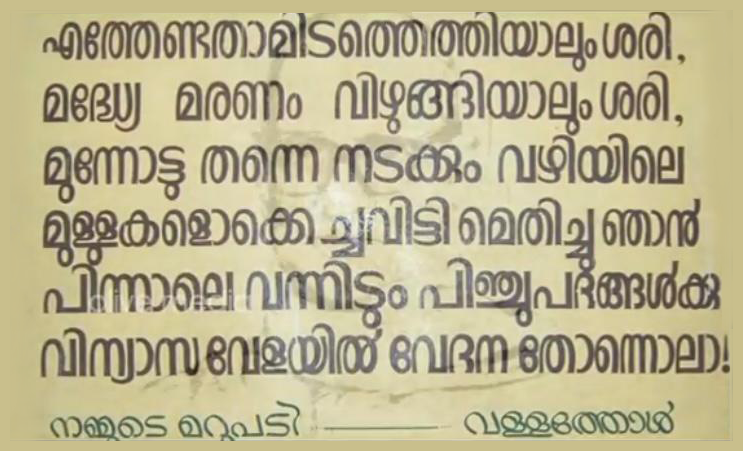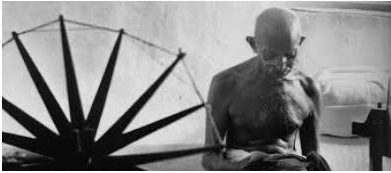
Vallathol was far ahead of his time whose perspective on life is hugely relevant even today, nearly 140 years after his birth ! He lived up to the values he espoused through his prolific literary works !!

Sometimes misfortune is needed to bring to light the treasures of human intellect like in the case of the great poet and his debilitating tragedy of stone deafness at the age of 30. Compression is needed to explode gunpowder!!
He was born in an aristocratic and affluent family in Chennara village near Tirur in Malappuram Dist in Kerala, India, as son of Vallathol Kuttiparu Amma and Mallissery Damodara Elayath on Oct 16, 1878. He was educated in the traditional way in Literature, Sanskrit, Logic, Ayurveda etc. His childhood education was primarily in sanskrit. Believe it or not, he never attended a formal school. Since the age of 12 the infant prodigy started writing poetry. He had an astute brain and a supersensitive heart. He was a strong nationalist and a fiery champion of peace and progress across the world. His ideal was harmony of life and art.
Destiny gave him a role to play which concerned not only with letters but with rescue of a great art form – Kathakali. He made many scholarly translations from Sanskrit including Ramayana of Valmiki (between the ages of 26 and 28) and Rigveda between 75th and 78th years. He lived a long and noble life. He was a people’s poet who stood by the workers, peasants and the oppressed. At the age of 30 following an illness he became stone deaf but that didn’t prevent him from super human achievements in many fields. He is the founder of Kerala Kalamandalam which will always remain as a living memorial to Vallathol. He passed away on March 13, 1958 at the age of 79.
Vallathol's humility is documented by many of his contemporaries. Many early students at kalamandalam who were blessed to have interacted with the great Poet have narrated how approachable, helpful and humble he was. He would happily correct any work of even a novice in field of poetry and extend expert advise. Vallathol’s hospitality too is legendary. His stunning genius coupled with above admirable human qualities endeared him to all.
नमन्ति फलिनो वृक्षा नमन्ति गुणिनो जनाः ।
शुष्ककाष्ठश्च मूर्खश्च न नमन्ति कदाचन ॥
The branches of a tree laden with fruits bend downward just as the Virtuous persons bow down out of respect to others. But a dry wood never bends down. Neither does a fool who does not respect others.

Although not directly involved in politics, Vallathol was hugely conscious and active in political, social and national movements. During one of several meetings , Gandhiji asked Vallathol if he knew how to weave in charka (the domestic spinning wheel pictured above which became an icon of non - violent freedom struggle) and the poet replied in the negative. Why? Gandhi asked for which the reply was, a poet may not work directly but with his poem inspires others to work. Gandhi said this is exactly the same reply received from Tagore.